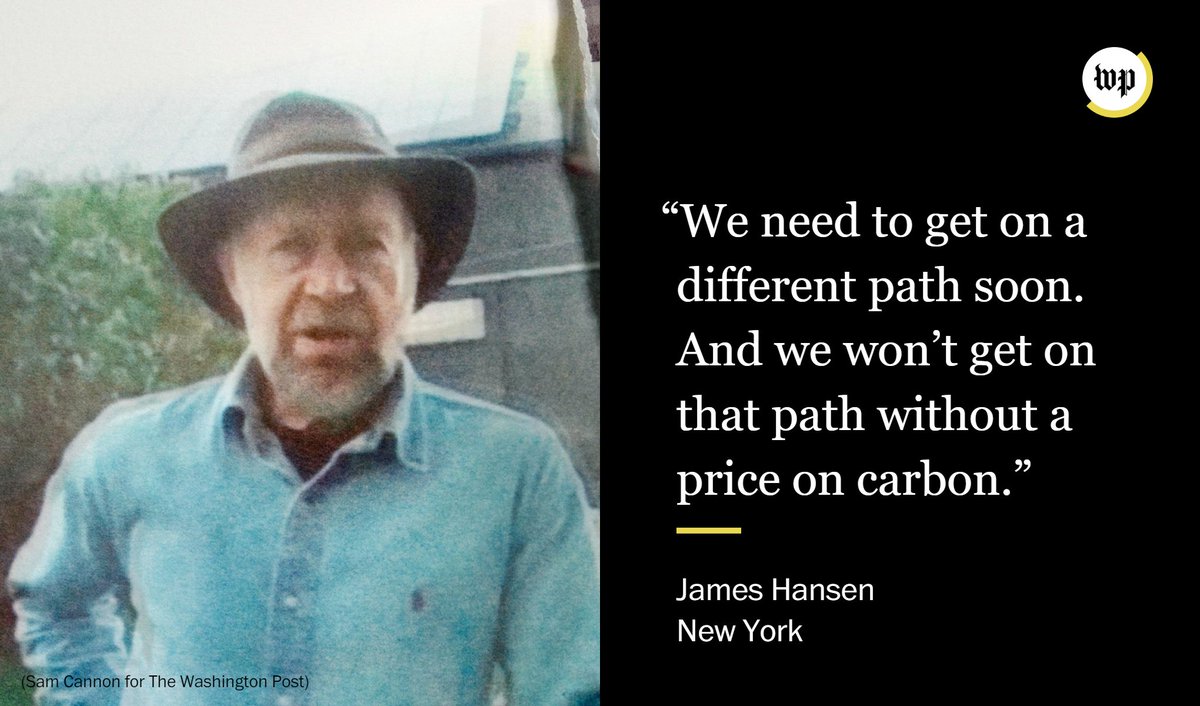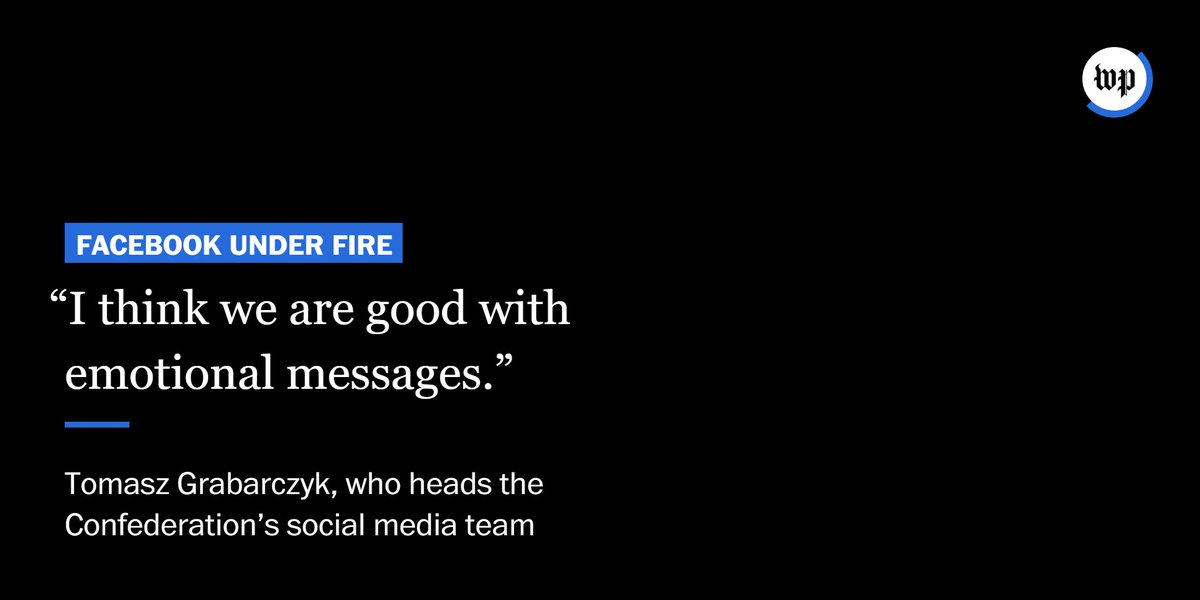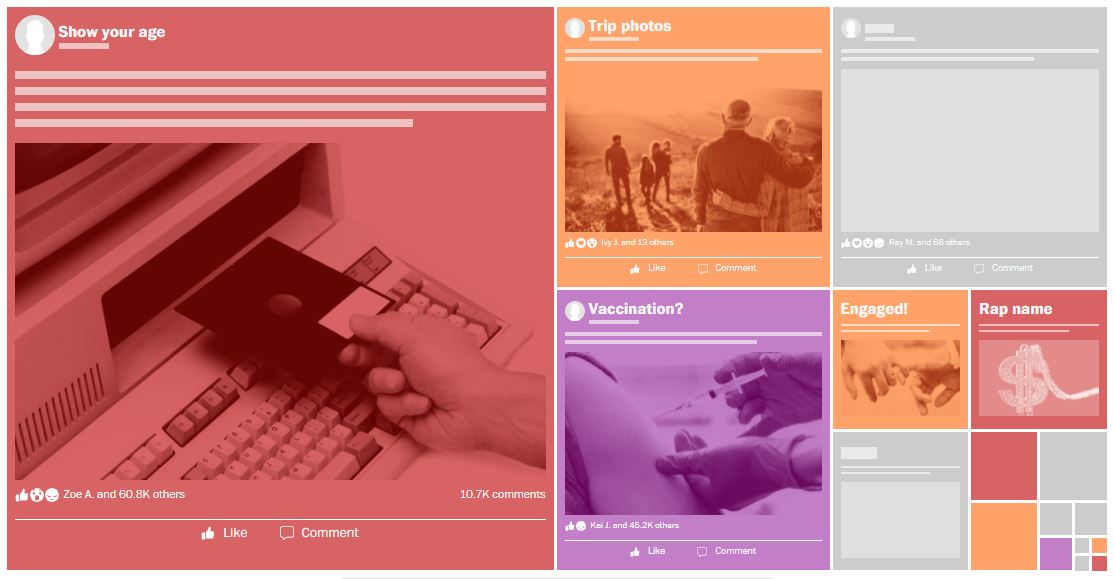
Tens of thousands of diplomats, researchers, protesters and presidents from around the globe are scheduled to descend on Glasgow, Scotland, starting next week for a critical United Nations climate summit. wapo.st/3BiAeNa
The overarching goal of COP26 is to get countries to commit to more ambitious, detailed plans to cut their planet-warming emissions and collectively slow climate change.
That lofty aim can sometimes seem abstract. wapo.st/3BiAeNa
That lofty aim can sometimes seem abstract. wapo.st/3BiAeNa
The Post spoke to people around the world — including youth activists, scientists, government leaders and people whose livelihoods are threatened by climate change — to hear in their own words why COP26 matters and what is at stake if countries fail. wapo.st/3BiAeNa
Nisreen Elsaim, 26, is a member of the U.N. Secretary General’s Youth Advisory Group on Climate Change and a negotiator on behalf of African nations.
“[Sudan's] conflicts are increasing in number due to the climatic impacts of droughts and migration.” wapo.st/3BiAeNa
“[Sudan's] conflicts are increasing in number due to the climatic impacts of droughts and migration.” wapo.st/3BiAeNa

Lotay Tshering, 52, is prime minister of Bhutan, a carbon-negative country that is also suffering from melting glaciers and other climate-induced impacts.
“Climate change is happening deep down, underneath the earth where we stand.” wapo.st/3BiAeNa
“Climate change is happening deep down, underneath the earth where we stand.” wapo.st/3BiAeNa

James Hansen, 80, is a NASA and Columbia University climate scientist, known for his global warming projections and his 1988 warning: “The greenhouse effect has been detected, and it is changing our climate now.” wapo.st/3BiAeNa 

Ingrid Marie Vincent Andersen, 38, is head of Decarbonization Targets and Lifecycle Assessments at Danish shipping company A.P. Moller - Maersk.
“Being such a heavy emitter, we need to take action, and we need to take action now.” wapo.st/3BiAeNa
“Being such a heavy emitter, we need to take action, and we need to take action now.” wapo.st/3BiAeNa

Litokne Kabua, 18, is one of 16 youths who formally petitioned the United Nations in 2019 for immediate, binding action to slow climate change.
“I hope there will be progress at the COP26 meeting,” Kabua said. “I’m also skeptical.” wapo.st/3BiAeNa
“I hope there will be progress at the COP26 meeting,” Kabua said. “I’m also skeptical.” wapo.st/3BiAeNa

• • •
Missing some Tweet in this thread? You can try to
force a refresh






